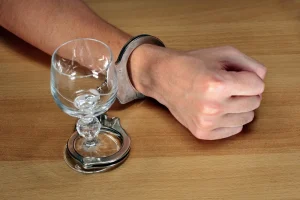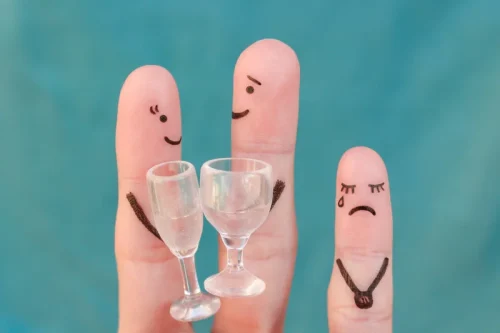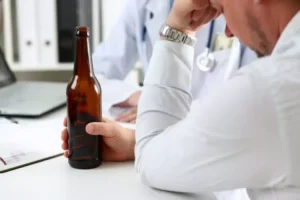7 Stages of Alcohol Intoxication: Symptoms & Treatment

The authors found that the same dose of alcohol increased aggression in some subjects, decreased aggression in other subjects, and had no effect on some other subjects. Alcohol’s effect on aggression was found to be a stable, traitlike response (i.e., the effect was consistent for a given individual, like gregariousness is a personality trait that is stable between situations in which stage of intoxication does an individual become aggressive or withdrawn and sleepy and across time). Whether this difference is present in higher animals, such as primates, is the focus of this article. The alcohol withdrawal timeline varies, but the worst of the symptoms typically wear off after 72 hours. People who are daily or heavy drinkers may need medical support to quit. Stopping drinking abruptly can lead to seizures and can even be fatal.
What is Blood Alcohol Content?
Studies investigating the effects of alcohol on aggression in humans have typically used an experimental approach in which a person consumes alcohol and is then provoked or asked to compete with another person. Aggression is measured when the person is given an opportunity to shock or verbally threaten a competitor. Under such conditions, many studies have found that aggression is more likely to occur after alcohol consumption (e.g., see Taylor 1993).
- A person at this stage will exhibit symptoms of intoxication that will be glaringly obvious to others.
- This decision, coupled with a decrease in motor function, coordination, and reaction time, leads to many car crashes.
- Intoxication also can be detected by Breathalyzer and blood testing.
The Right Treatment Facility

Because people may be very drowsy, vomited material may enter the lungs (be aspirated), sometimes leading to pneumonia and death. Measuring the alcohol concentration blood alcohol concentration (BAC) is the most accurate measurement of the alcohol level. Particularly in regular drinkers, symptoms and the BAC do not necessarily relate to each other, making an accurate measurement beneficial. https://ecosoberhouse.com/ Alcohol intoxication, also referred to as drunkenness, ethanol intoxication, or alcohol poisoning in severe cases, is a temporary condition caused by drinking too much alcohol. The amount of alcohol needed for intoxication varies from person to person. Alcohol poisoning can cause death by respiratory arrest, which becomes very probable at a BAC level of 0.45% or higher.

Individual Differences in Alcohol-Induced Aggression
The episode may escalate to include fleeting hallucinations, illusions that arouse fear and restlessness, and disorientation with visual hallucinations that may be terrifying. Objects seen in dim light may be particularly terrifying, and the people become extremely confused. Their balance is impaired, sometimes making them think the floor is moving, the walls are falling, or the room is rotating.
Alcohol and human physical aggression: Pharmacological versus expectancy effects


Effects of alcohol on human aggression: An integrative research review

Cognition and Dopamine D2 Receptor Availability in the Striatum in Older Patients with Schizophrenia
- Objects seen in dim light may be particularly terrifying, and the people become extremely confused.
- The more frequently you drink, the greater the risk of unwanted and unexpected consequences.
- If you are thinking about quitting drinking, talk to your healthcare provider.
- Alcohol intoxication occurs from drinking too much alcohol in a short period of time.
